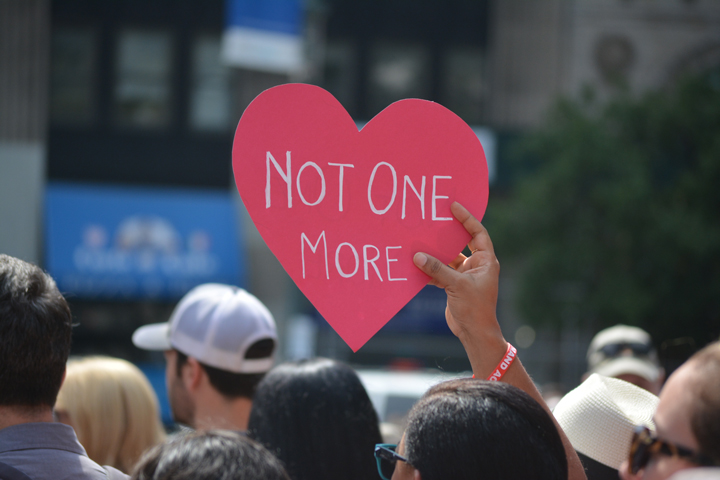The horror at Sandy Hook Elementary is 5 days in the past as I write this. I’ve heard it called “a 9-11 moment,” and that rings true. A sacred line has been crossed, the unthinkable has happened. Our collective innocence, not just that of the Sandy Hook children, has shattered.
What helps?
Information, reassurance, gratitude, and action.
Many wise souls have already compiled wonderful resources for talking to children about violence and tragedy. Although the information below is aimed at talking to children, it is useful for all ages. Thank you in particular to Brené Brown and her blog Ordinary Courage, for this list of links:
An excellent Q&A about talking with children about the Sandy Hook shootings from The Children’s Hospital of the King’s Daughters.
The American Academy of Pediatrics on School Shootings
University of Minnesota on Talking to Kids About Violence Against Kids
National Association of School Psychologists on Talking to Children About Violence
What I consider to be one of the best articles on talking to children about death (by Hospice)
Explaining the news to our kids from Common Sense Media.
The way you talk to yourself matters. Turn off the news, and seek reassurance from others. It is in community that we feel better, and it is in community that we start to heal. Resist the urge to hunker down in front of your computer, TV, or other device– and instead talk to people who know you.
When you do use media, pay attention to the advice of Mr. Rogers:
“When I was a boy and I would see scary things in the news, my mother would say to me, “Look for he helpers. You will always find people who are helping.” To this day, especially in times of “disaster,” I remember my mother’s words and I am always comforted by realizing that there are still so many helpers – so many caring people in this world.”
It’s common to feel guilty. Guilty for your own life, your safety, your distance from the tragedy. That’s what often drives us to saturate ourselves with bad news: “How can I feel ok or even celebrate the good in my life while others suffer so deeply?”
Here’s what the survivors of tragedy actually say about that:
*Don’t take what you have for granted.
*Celebrate what you have.
*Don’t apologize for your life.
*It’s ok to feel joy in your own living child/healthy life/great happiness.
*By honoring what you have, you honor my loss.
Take time to slow down, pay attention, and deeply feel grateful for the good in your life.
Take meaningful action. For some, it is prayer. For others it is writing to their legislator about gun control. For still others, it is a commitment to civil, respectful discourse on Facebook or another forum—participating in a much-needed discussion on how to create a world where this never can happen again.
For me, among other things, it’s participating in the #26Acts movement started by Ann Curry.
Twenty-six acts of kindness to honor the 26 lives lost at Sandy Hook Elementary.


